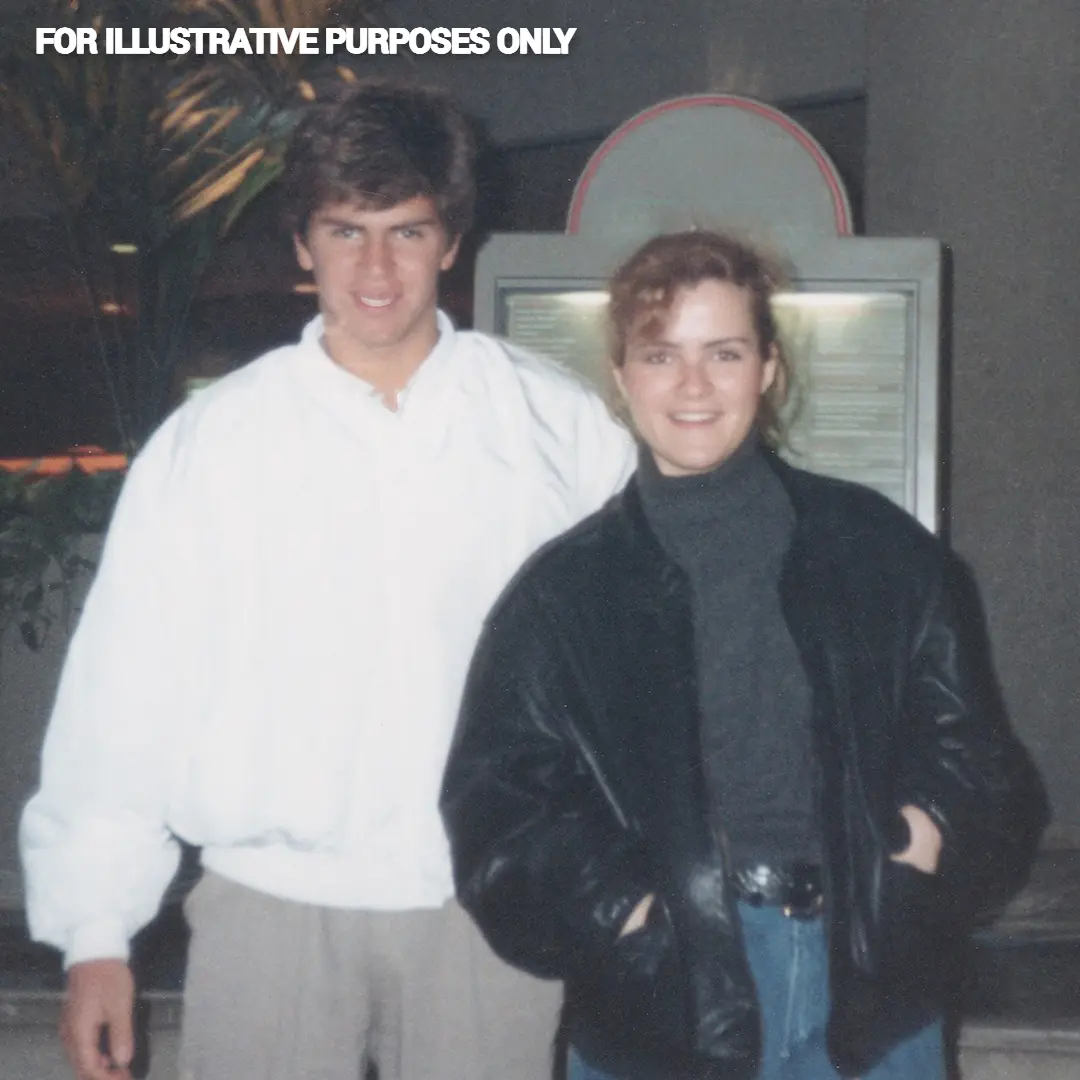
I found a three-year-old blind boy, who was unwanted by anyone, under a bridge, took him in, and raised him as my own.
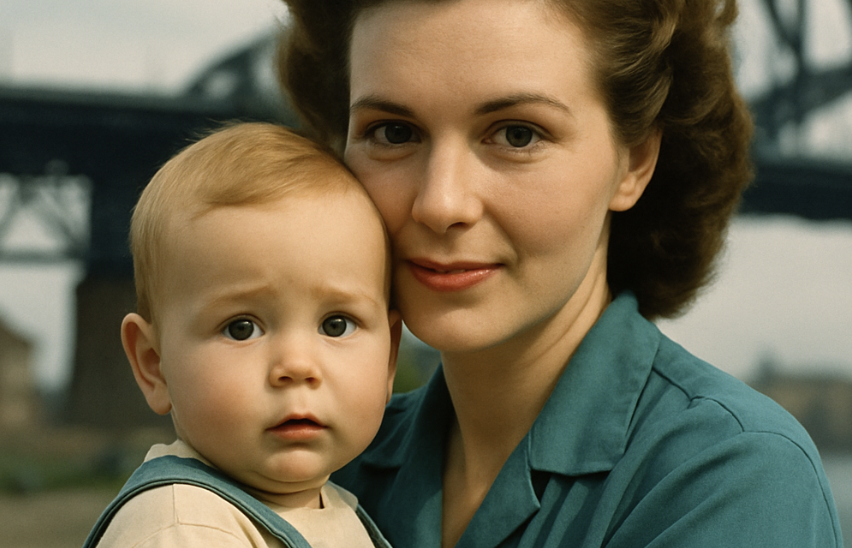
"There's someone there," Elena whispered, directing the faint beam of her flashlight beneath the bridge.
Chill seeped into her bones, and the autumn mud clung to the soles of her boots, making each step more laborious. After a twelve-hour shift at the medical post, her legs ached with exhaustion. Yet, this strange sound—a soft sob in the darkness—made her forget everything else.
She descended the slippery slope, gripping the wet rocks. The light revealed the small figure of a child pressed against a concrete support. Barefoot, wearing a thin shirt soaked through, the child's body was covered in dirt.
"Oh my God..." Elena rushed to him.
The boy didn't react to the light. His eyes—covered with a cloudy film—stared through it. She carefully moved her hand in front of his face, but his pupils didn't shift.
"He's blind..." she whispered, feeling her heart tighten inside.
Elena removed her jacket, gently wrapped the child in it, and held him close. His body was as cold as ice.
The local officer, Viktor Ivanovich, arrived only an hour later. He inspected the scene, made a few notes in his notebook, and then shook his head.
"Most likely, they left him here. Someone must have brought him to the forest and abandoned him. There are plenty of such cases these days. You're still young, girl. Tomorrow, we'll take him to the district orphanage."
"No," Elena replied firmly, holding the boy tighter. "I won't give him up. I'm taking him with me."
At home, she filled an old tub with warm water, carefully washing off the dirt from the road. She wrapped him in a soft sheet with daisies—the same one her mother had kept "just in case." The boy hardly ate, didn't speak a word, but when Elena lay him next to her, he suddenly grabbed her finger with his tiny hands and wouldn't let go the whole night.
In the morning, her mother appeared at the door. Upon seeing the sleeping boy, she flinched.
"Do you even realize what you've done?" she whispered, not to wake the child. "You're still a girl! Twenty years old, no husband, no means of support!"
"Mom," Elena interrupted her softly but decisively. "This is my decision. And I won't change it."
"Oh, Elena..." her mother sighed. "What if the parents show up?"
"After something like this?" Elena shook her head. "Let them try."
Her mother left, slamming the door. But that evening, her father, without saying a word, left a wooden toy horse on the doorstep—a toy he had carved and crafted himself. And quietly said:
"Tomorrow, I'll bring some potatoes. And a little milk."
This was his way of saying: I'm with you.
The first few days were the hardest. The boy stayed silent, barely ate, flinched at every loud sound. But within a week, he learned to find her hand in the dark, and when Elena sang him a lullaby, the first smile appeared on his face.
"I'll call you Alexei," she decided one day after bathing him, combing his hair. "How do you like the name? Alexei..."
The child didn't respond but reached out to her, drawing closer.
Rumors quickly spread through the village. Some felt sorry, others condemned her, and some were just surprised. But Elena paid no attention. Her whole world now revolved around one small person—the one she promised warmth, home, and love. And for that, she was ready to do anything.
A month passed. Alexei began to smile when he heard the sound of her footsteps. He learned to hold a spoon, and when Elena hung up the laundry, he tried to help—feeling his way through the clothespins in the basket and handing them to her.
One morning, as usual, she sat beside his bed. Suddenly, the boy reached out to her face, ran his fingers across her cheek, and said softly but clearly:
"Mom."
Elena froze. Her heart stopped, then pounded so hard that she couldn't breathe. She took his small palms in hers and whispered:
"Yes, sweetheart. I'm here. And I'll always be by your side."
That night, she hardly slept—sitting by his bed, stroking his head, listening to his steady breathing. In the morning, her father appeared at the door.
"I know someone at the administration," he said, holding a cap in his hands. "We'll arrange guardianship. Don't worry."
That was when Elena finally cried—not out of sorrow, but from the immense happiness that filled her heart.
A sunbeam slid across Alexei's cheek. He didn't blink but smiled—hearing someone enter the room.
"Mom, you've come," he confidently stretched forward, finding her by her voice.
Four years had passed. Alexei was seven, Elena was twenty-four. The boy had long adapted to the house: he knew every threshold, every step, every creaking floorboard. He moved easily, as though he felt the space to the fullest—without sight, but with inner vision.
"Milka's on the porch," he said one day, filling himself a glass of water from the jug. "Her steps are like the rustling of grass."
The red cat had become his faithful companion. It seemed to understand that Alexei was special and never left when he reached out for her paw with his hand.
"Well done," Elena kissed him on the forehead. "Today, a person will come who will help you even more."
That person was Anton Sergeyevich—a recent newcomer to the house of his aunt. A lean man with gray at the temples, full of old books and notes he had kept his whole life. The village had called him "the city eccentric," but Elena immediately saw in him the kindness Alexei needed.
"Good afternoon," Anton said softly, entering.
Alexei, usually cautious with new people, suddenly extended his hand: "Hello. Your voice… it's like honey."
The teacher knelt down to look at the boy's face.
"You have the hearing of a real musician," he replied, pulling a book with raised dots from his bag. "This is for you. Braille."
Alexei ran his fingers over the first lines—and smiled widely for the first time:
"These are letters? I can feel them!"
From then on, Anton came every day. He taught Alexei to read with his fingers, write his thoughts in a notebook, hear the world not with his eyes but with his whole body. To listen to the wind, distinguish scents, and sense the mood in a voice.
"He hears words the way others hear music," he told Elena when the boy, tired from his lessons, had already fallen asleep. "His hearing is like a poet's."
Alexei often talked about his dreams:
"In my dreams, I see sounds. Red ones are loud, blue ones are quiet, like Mom when she thinks at night. And green ones—those are when Milka is nearby."
He loved sitting by the stove, listening to the crackling of the firewood:
"The stove talks when it's warm. If it's cold, it stays silent."
Sometimes, he made surprising conclusions:
"Today, you're like the color orange. Warm
News in the same category

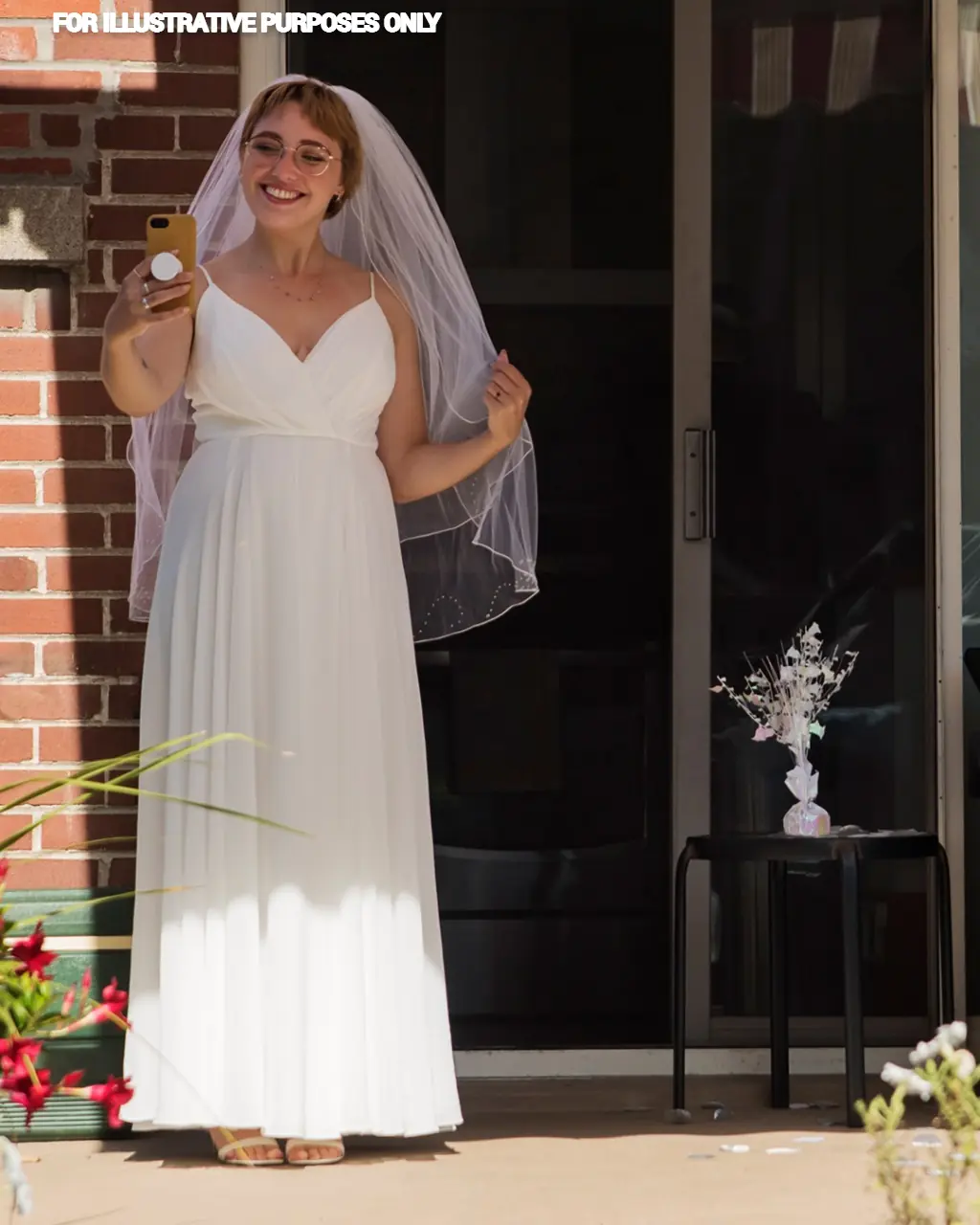
After Marrying, My Wife Became Too Secretive, So One Day I Decided to Follow Her – Story of the Day
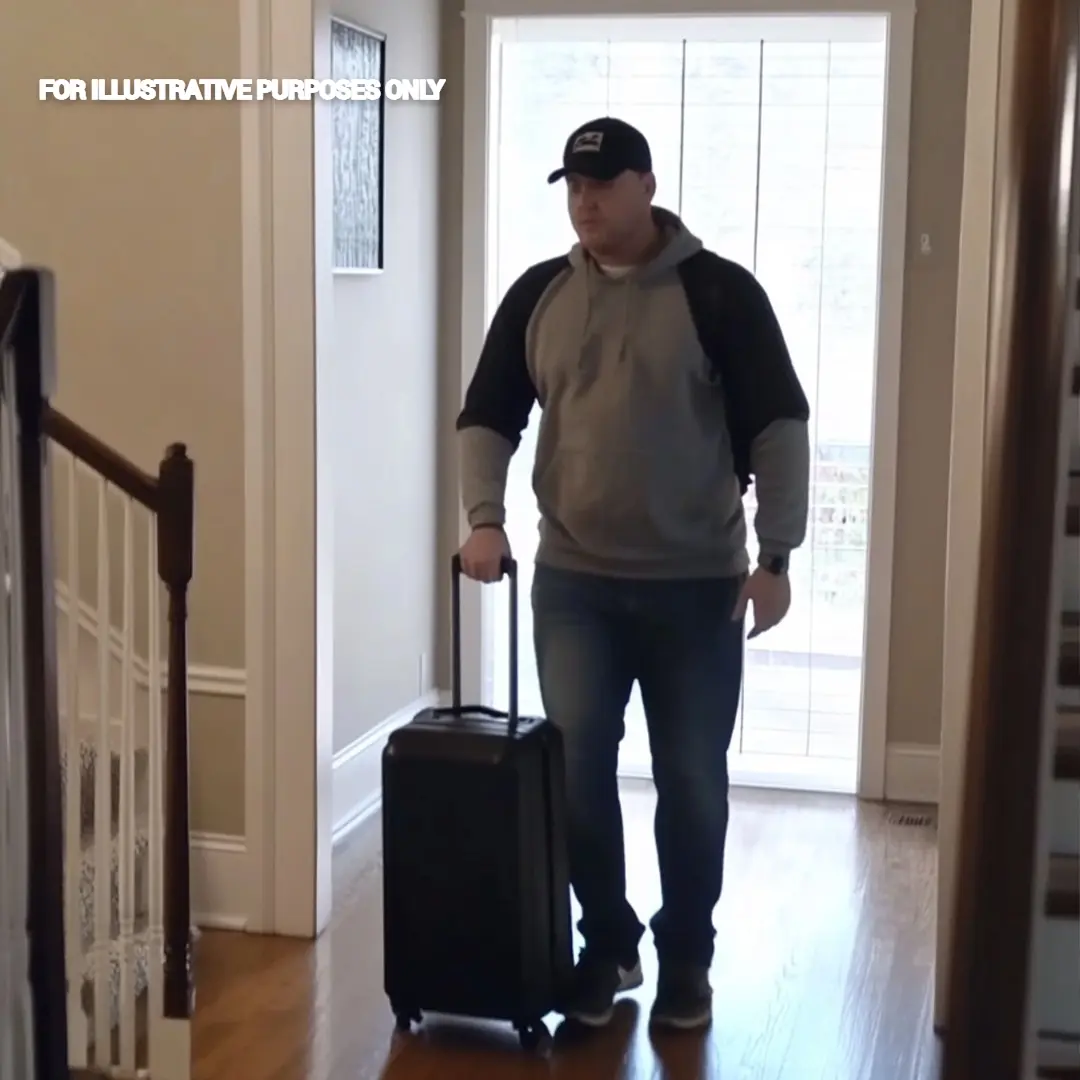
My Husband Went on Vacation with His Lady Boss to 'Secure a Promotion'—So I Sent Him off with a Surprise He'll Never Forget
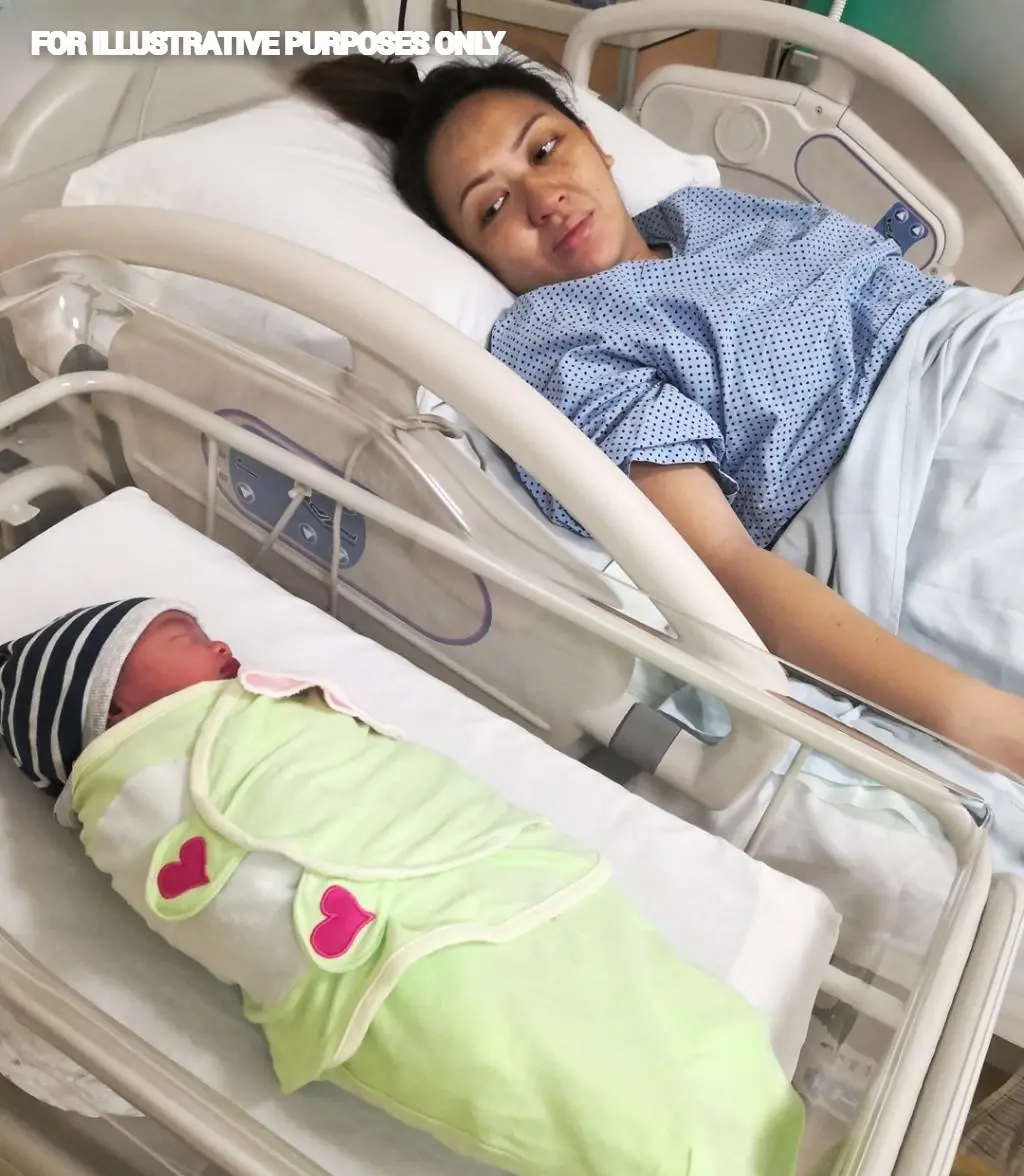
My Sister Named Her Son the Same as Mine! I Didn't Understand Why Until Our Mother's Will Was Read – Story of the Day
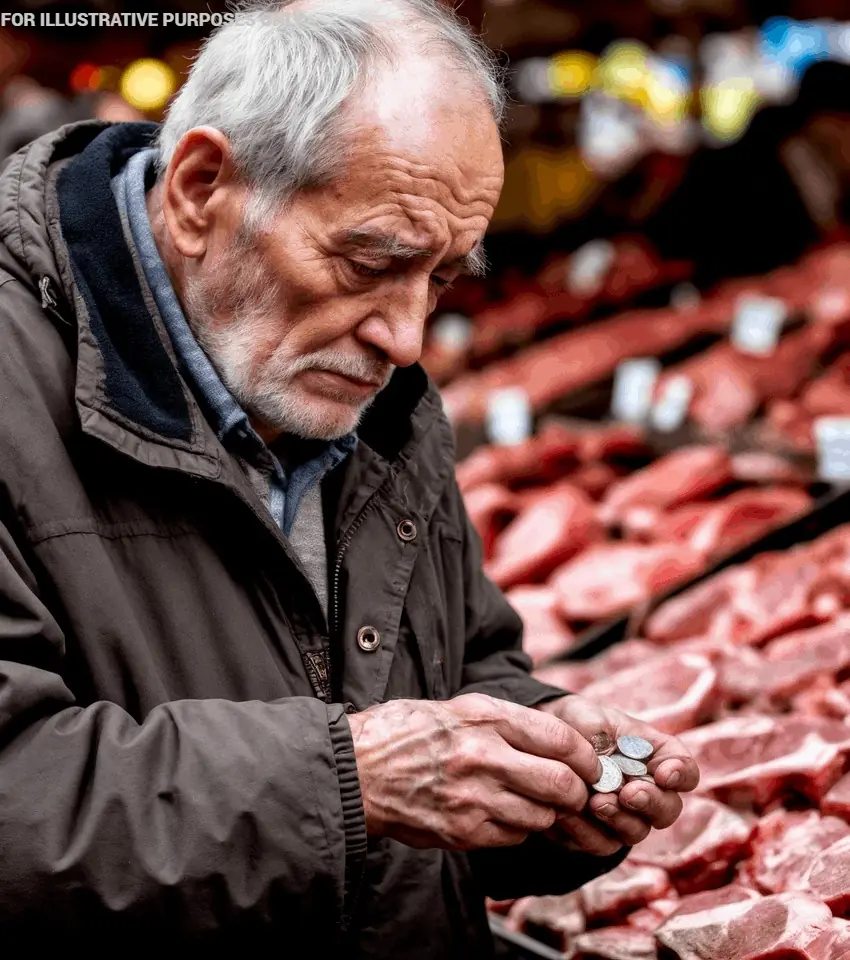
— Move along, old man, this isn’t the place for your pennies.
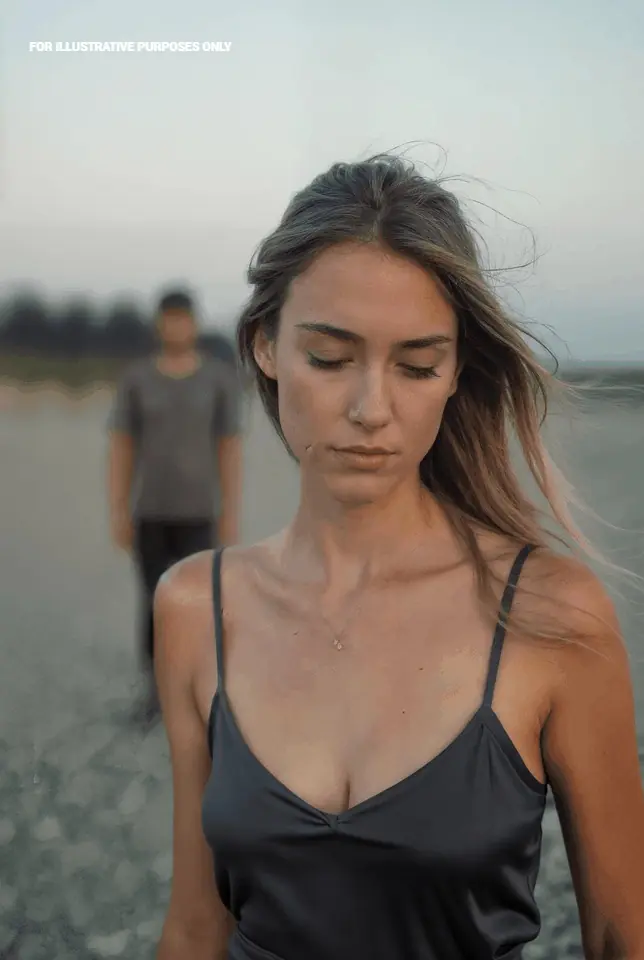
The closer the wedding got, the gloomier Ilya became. Mila couldn’t understand—what had happened to him? Had he changed his mind?
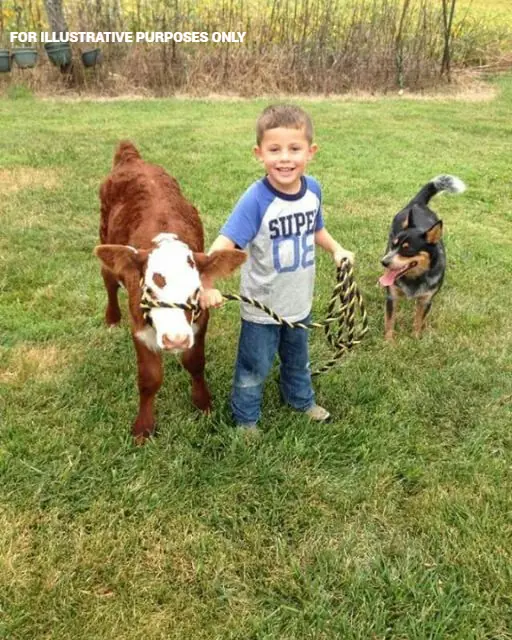
HE NAMED THE CALF “BUTTONS”—BUT ONCE THE TRUCK PULLED UP, GRANDPA WOULDN’T LOOK HIM IN THE EYE
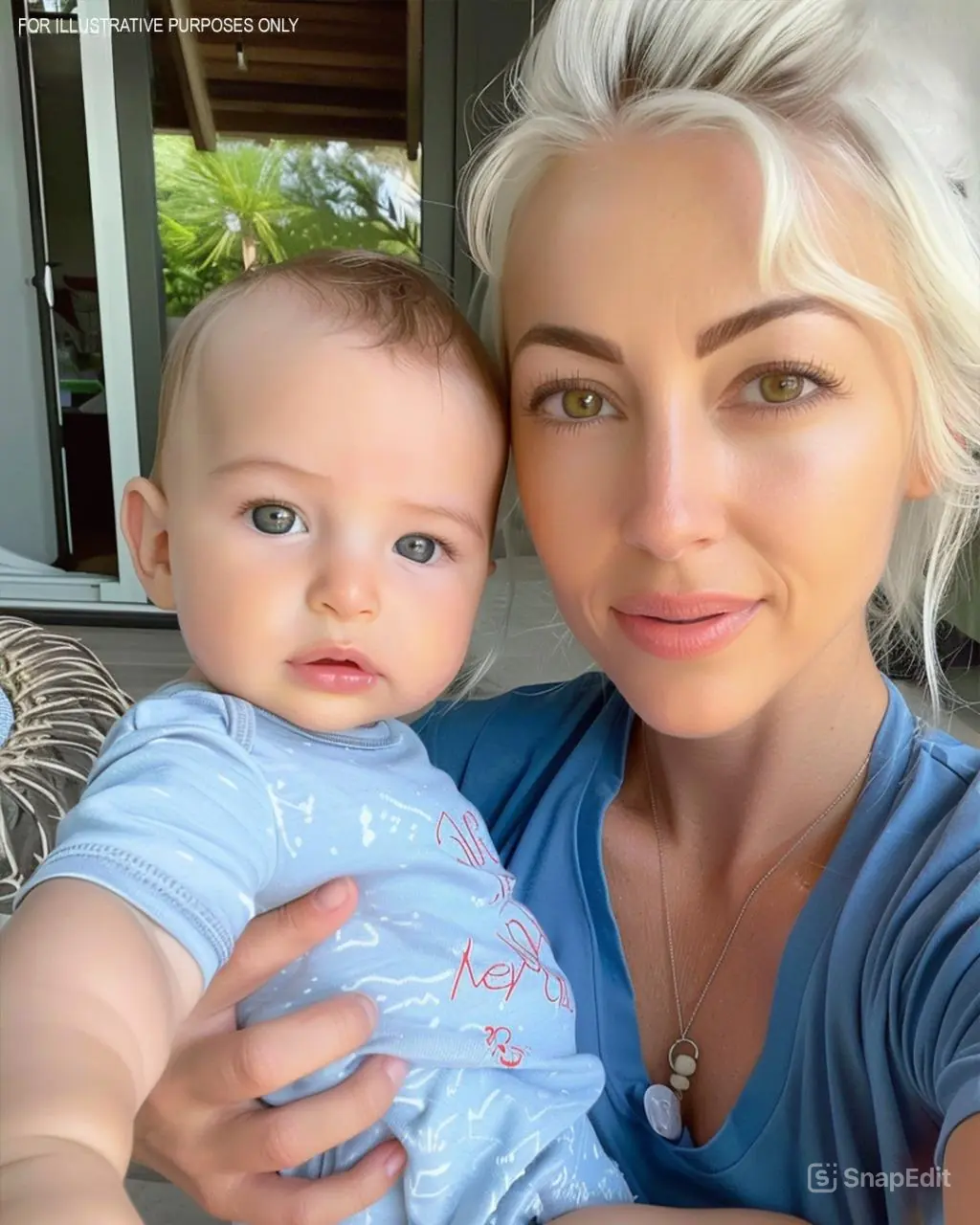
I Lost My Job After Becoming a Mom Because They 'Need Someone Who Won't Get Distracted'
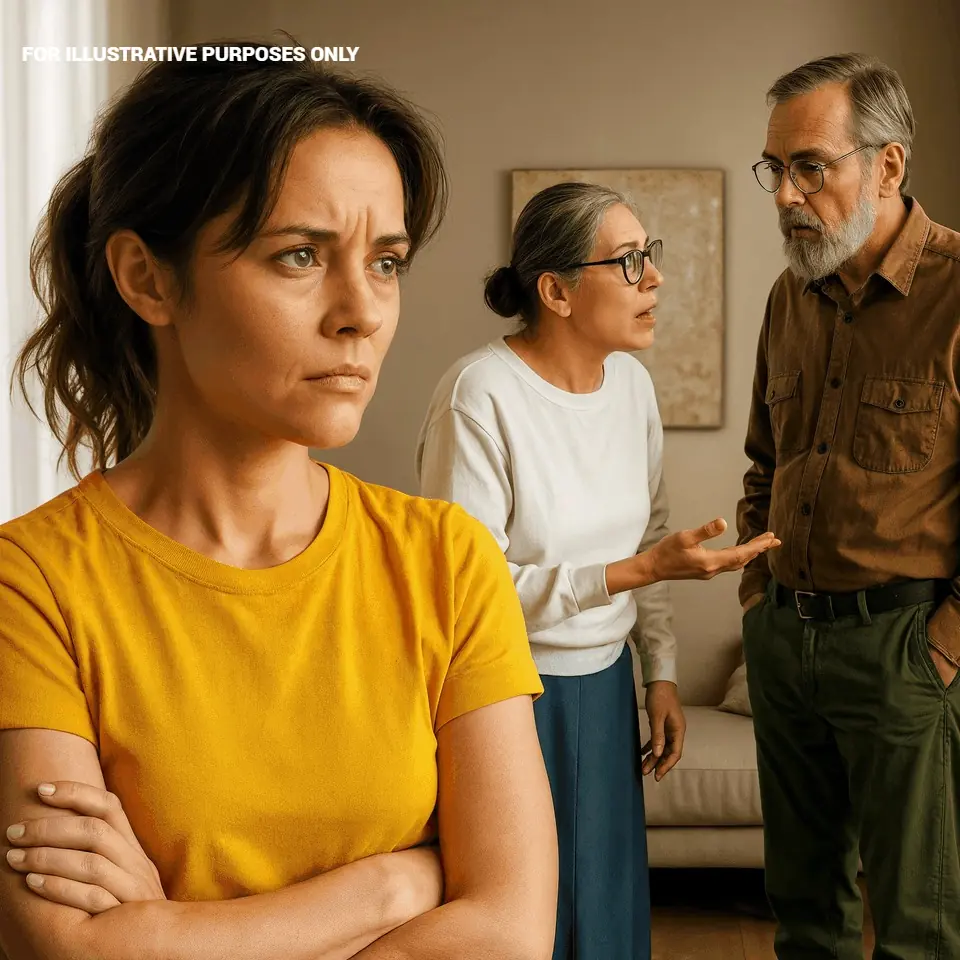
Arriving at the country house for the May holidays, Svetlana entered the hallway and overheard what her husband’s parents were discussing, and three days later, she filed for divorce.

There’s a Woman in a Boat Riddle: Try to Solve the Viral Riddle
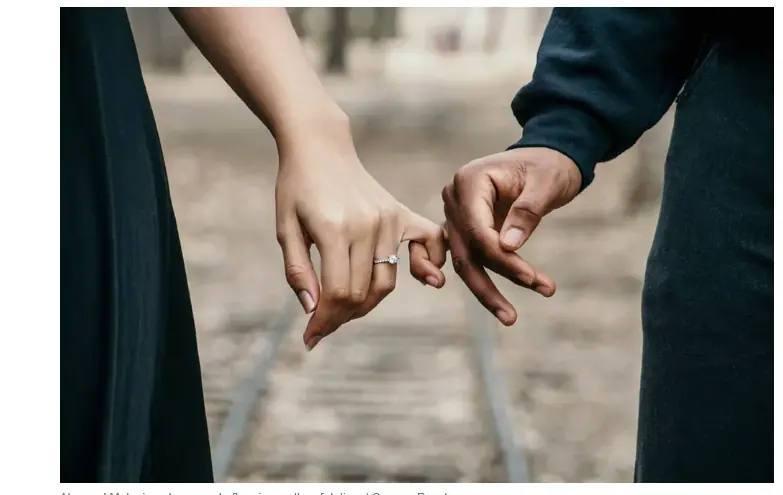
After Wedding Ceremony, Groom Sees 2 Kids in the Crowd and Runs Away with Them – Story of the Day
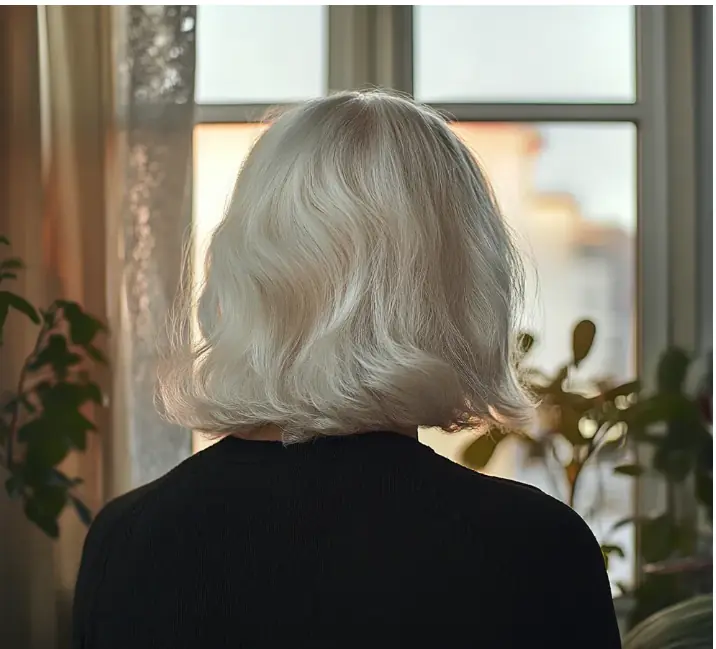
My MIL Secretly Took a DNA Test on My Son — What She Found Out Shook the Whole Family
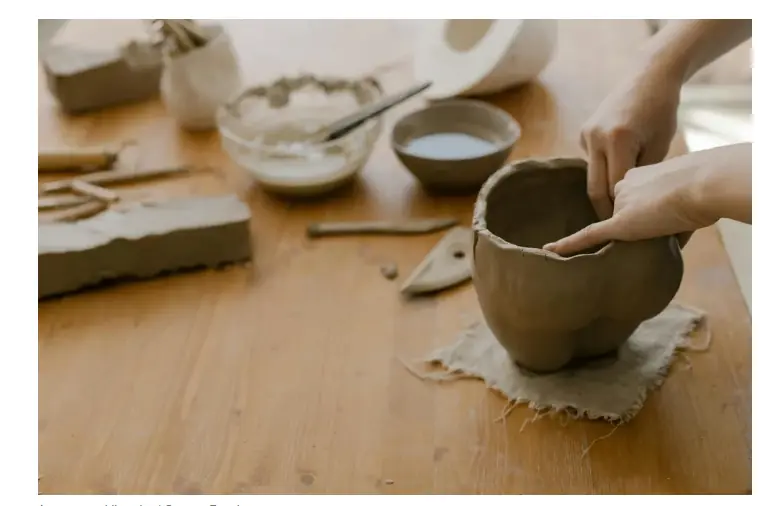
A Woman with a Baby Asked to Borrow My Phone on the Street – 2 Days Later, the Police Showed Up at My Hotel Door
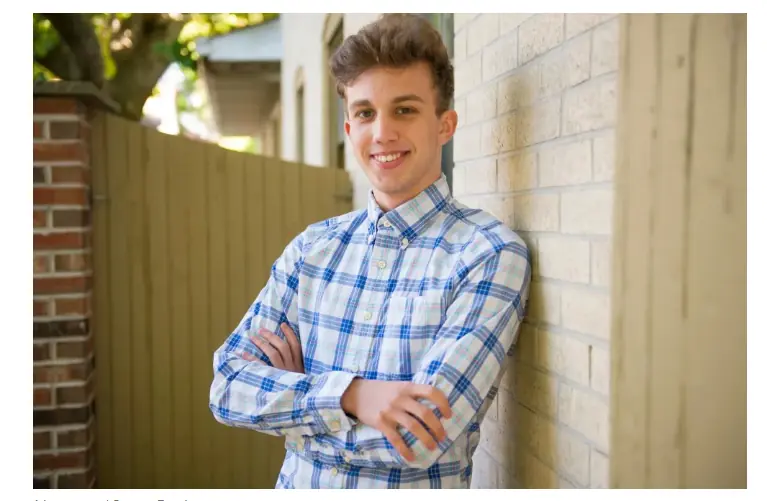
I Found a Forgotten Wedding Gift in the Closet – Inside Was My Husband's Secret
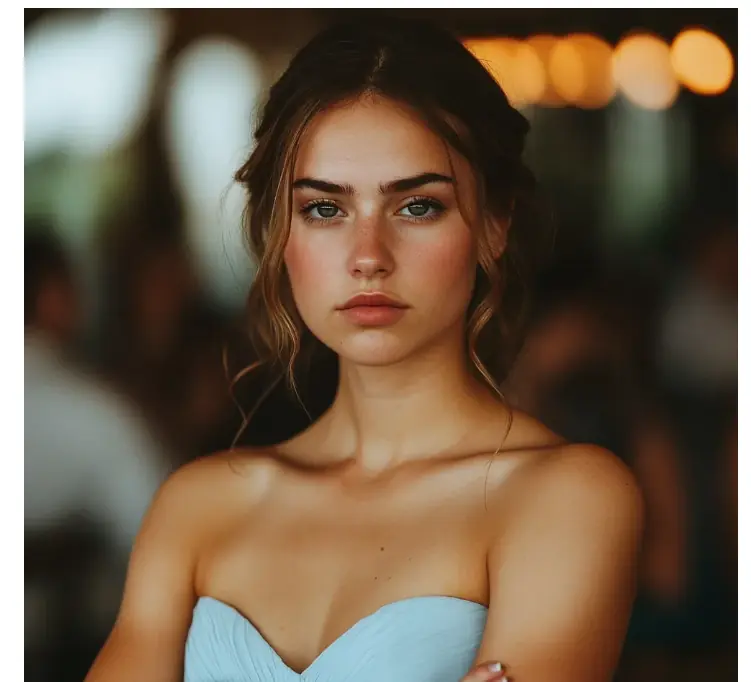
My Stepmom Locked Me in So I'd Miss Her Wedding with My Dad — But She Didn't Count On One Tiny Detail That Changed Everything
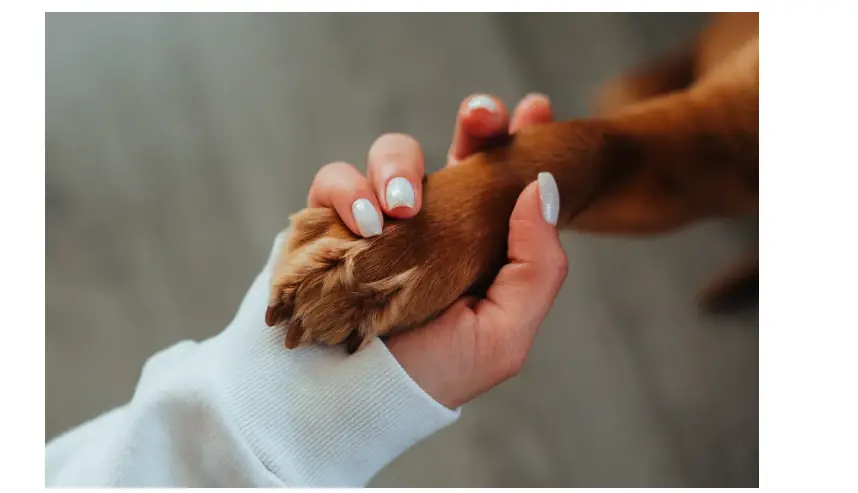
Dog Goes to Closed Store Daily then Leaves, One Evening Poor Boy Notices and Follows It — Story of the Day
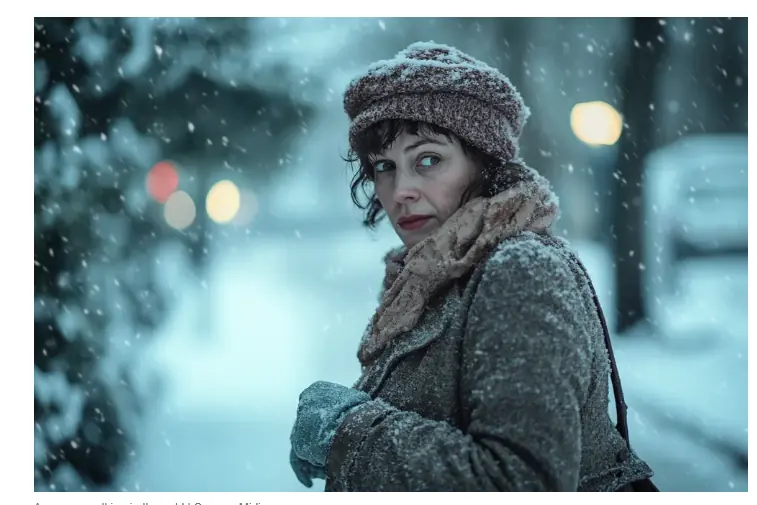
I Found an Elderly Woman on the Roadside on a Snowy Christmas Eve & Took Her Home — Days Later, a Luxury Decorated SUV Pulled up to My Door

Man Gives Salary to Woman with Child Asking for Money for a Ticket — Next Day, a Large White Limousine Pulls up to His House
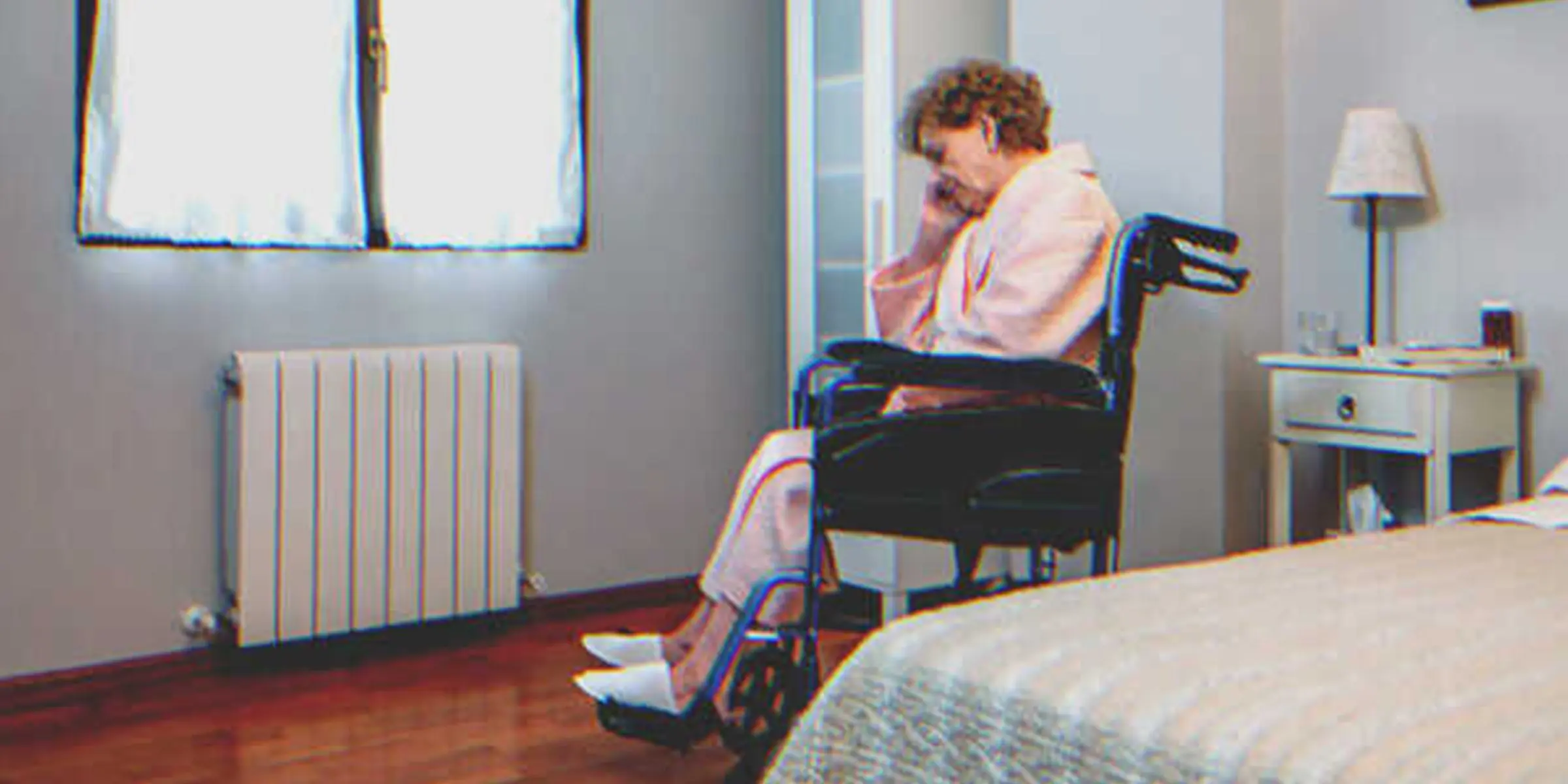
Sons Abandon Old Mom in Nursing Care & Sell Her House, New Owner Returns Her Home Keys Later – Story of the Day
Blinded by greed and love for money, an elderly widow's sons kicked her out of her own house, sold it, and sent her to a nursing home. A few days later, the new homeowner returned her home keys with a heartwarming note that made her hug him and cry.
News Post

The Love of My Life Disappeared without a Word decades Later, Her Funeral Gave Me the Answer — Story of the Day

After Marrying, My Wife Became Too Secretive, So One Day I Decided to Follow Her – Story of the Day

My Husband Went on Vacation with His Lady Boss to 'Secure a Promotion'—So I Sent Him off with a Surprise He'll Never Forget

My Sister Named Her Son the Same as Mine! I Didn't Understand Why Until Our Mother's Will Was Read – Story of the Day

— Move along, old man, this isn’t the place for your pennies.

The closer the wedding got, the gloomier Ilya became. Mila couldn’t understand—what had happened to him? Had he changed his mind?

HE NAMED THE CALF “BUTTONS”—BUT ONCE THE TRUCK PULLED UP, GRANDPA WOULDN’T LOOK HIM IN THE EYE

I Lost My Job After Becoming a Mom Because They 'Need Someone Who Won't Get Distracted'

Arriving at the country house for the May holidays, Svetlana entered the hallway and overheard what her husband’s parents were discussing, and three days later, she filed for divorce.

9 Reasons Why You Should Eat Okra Multiple Times a Week

Nicole Kidman, 57, in a Stunning Black Gown, Debuts a Pixie Haircut With Dark Roots at the 2025 Met Gala, Igniting Buzz – Photos

The Miracle Remedy That Has People Abandoning Hospitals: Cures Cancer, Diabetes, High Blood Pressure, and Poor Circulation!

DIY Lemon Ginger Turmeric Power Shots: Boost Your Health Naturally

7 Early Warning Signs of Nasopharyngeal Cancer: Even One Symptom Is a Reason to See a Doctor
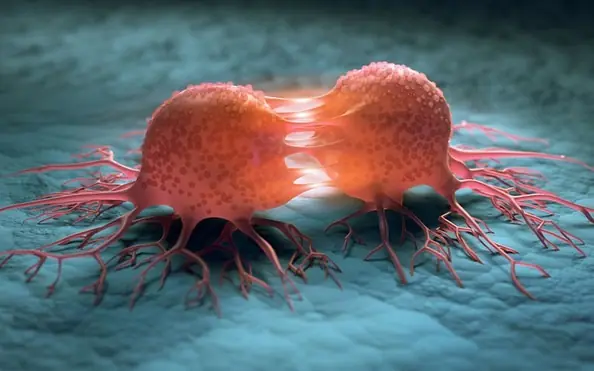
Breakthrough: Scientists Discover How to Revert Cancer Cells Back to Normal

9 Early Signs of Lung Cancer You Should Not Ignore
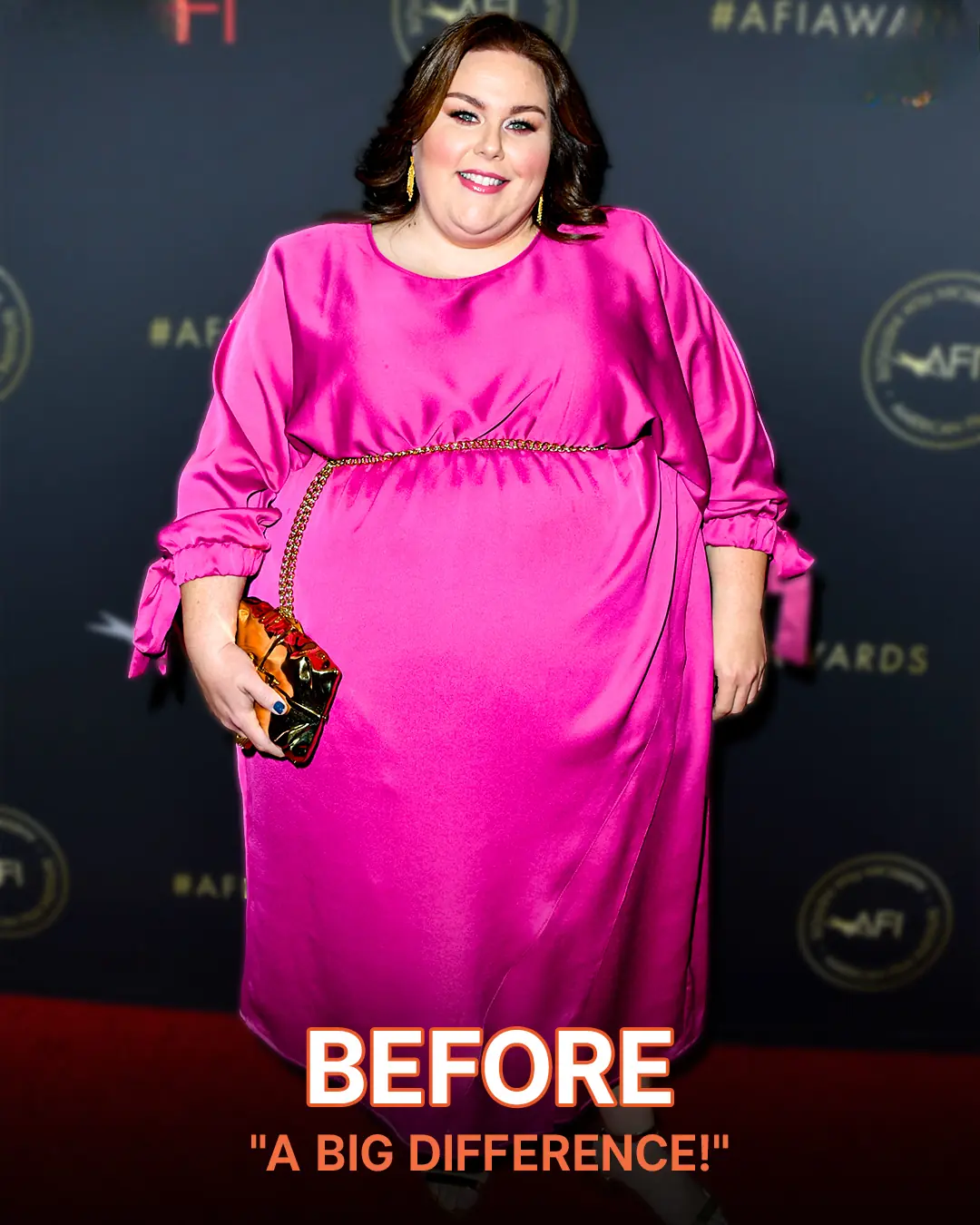
'This Is Us' Star Chrissy Metz Stuns in Multicolored Ruffled Dress at the Variety Power of Women Nashville Event – Photos
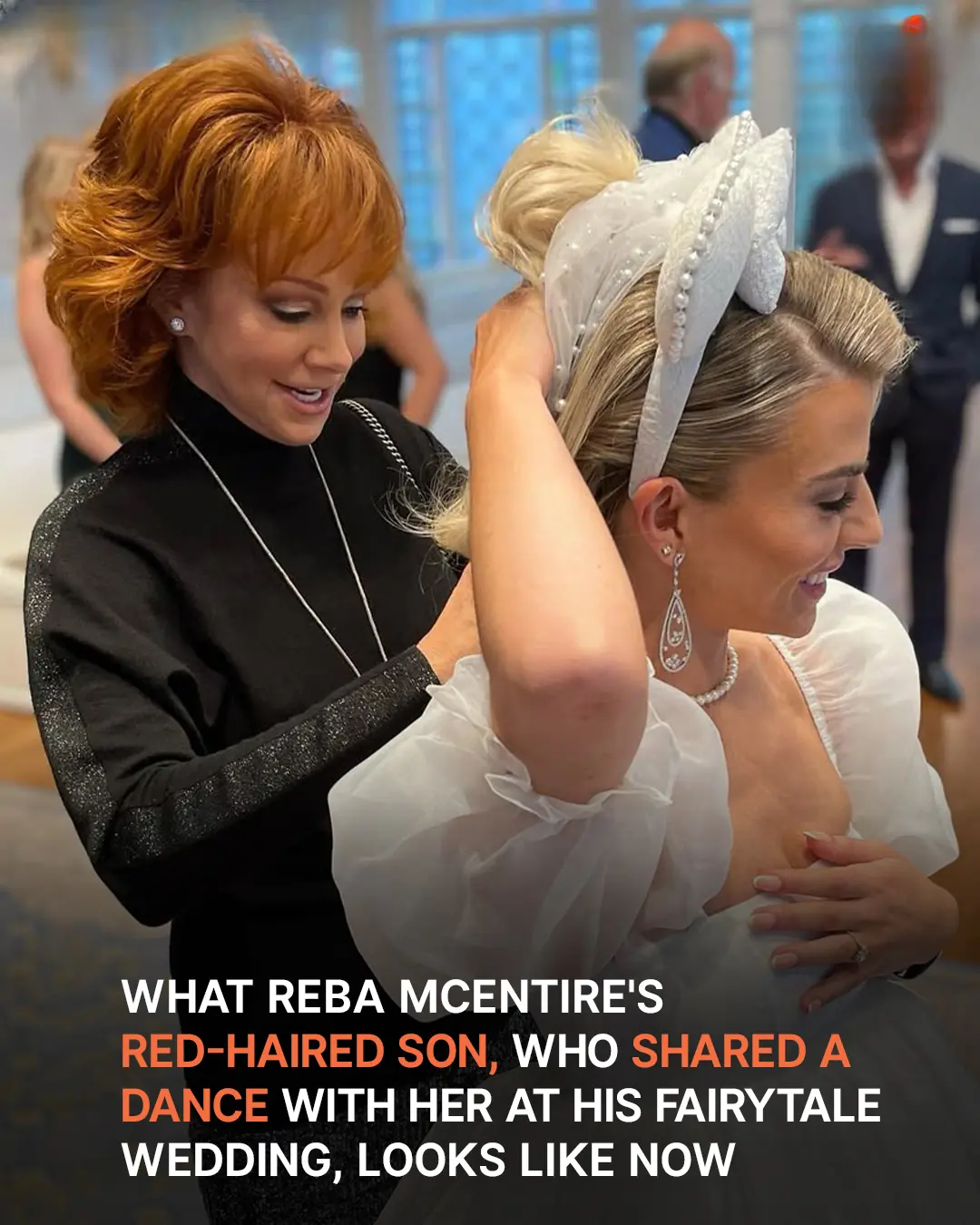
Reba McEntire Is a Proud Mom of One Son – She Shared a Heartwarming Dance with Him at His Fairytale Wedding
